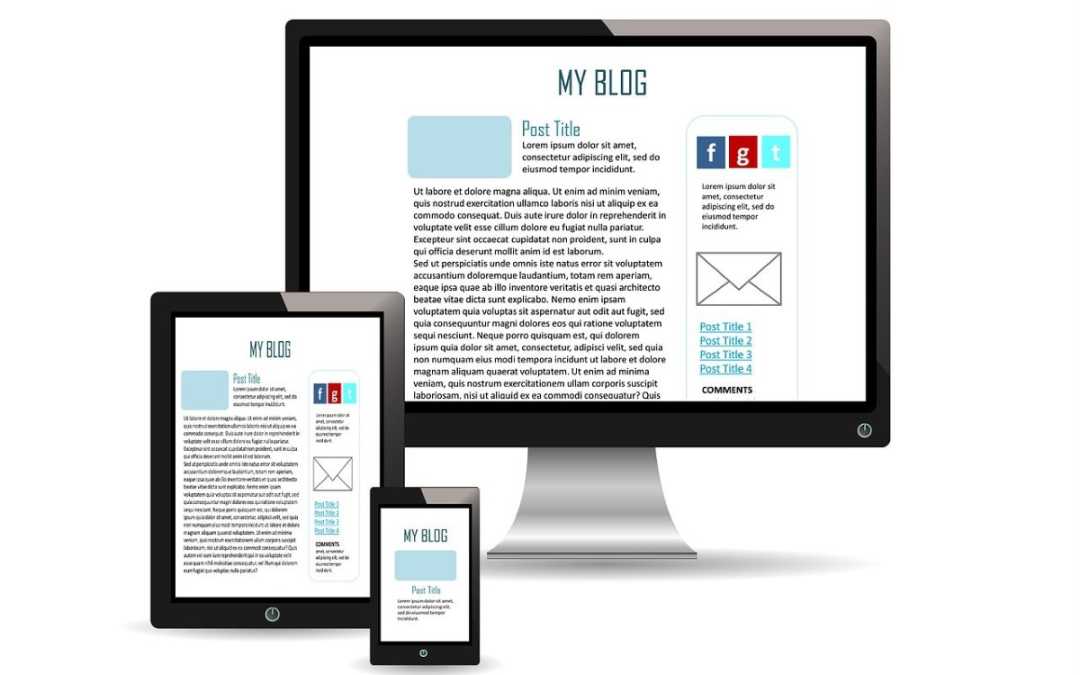Best CMS Platforms for Beginners
In today’s digital landscape, having a website is essential for businesses, bloggers, and creatives alike. However, building a website from scratch can be daunting, especially for beginners. This is where Content Management Systems (CMS) come into play. A CMS allows users to create, manage, and modify content on a website without needing extensive technical knowledge. In this guide, we will explore the best CMS platforms for beginners, highlighting their features, advantages, and how to choose the right one for your needs.
What is a CMS?
A Content Management System (CMS) is a software application that enables users to create, edit, and manage digital content. It provides a user-friendly interface that simplifies the process of building and maintaining a website. With a CMS, you can easily add pages, blog posts, images, and other media without needing to write code.
Why Use a CMS?
Using a CMS offers several benefits, especially for beginners:
- User-Friendly Interface: Most CMS platforms have intuitive dashboards that make it easy to navigate and manage your content.
- No Coding Required: You don’t need to know HTML, CSS, or JavaScript to create a professional-looking website.
- Customizable Templates: Many CMS platforms offer a variety of themes and templates that you can customize to fit your brand.
- SEO-Friendly: Most CMS platforms come with built-in SEO tools to help you optimize your content for search engines.
- Community Support: Popular CMS platforms have large communities, meaning you can find plenty of tutorials, forums, and resources to help you.
Top CMS Platforms for Beginners
Now that we understand what a CMS is and why it’s beneficial, let’s dive into some of the best CMS platforms for beginners:
1. WordPress
WordPress is the most popular CMS in the world, powering over 40% of all websites. It’s an open-source platform that offers a vast array of themes and plugins, making it highly customizable.
– Pros:
– Extensive library of plugins for added functionality.
– A large community for support and resources.
– SEO-friendly features built-in.
– Cons:
– Can be overwhelming due to its vast options.
– Requires regular updates for plugins and themes.
2. Wix
Wix is a user-friendly website builder that allows you to create stunning websites with drag-and-drop functionality. It’s perfect for beginners who want to get started quickly.
– Pros:
– Easy to use with a simple drag-and-drop interface.
– Offers a variety of templates and design options.
– Built-in SEO tools to help optimize your site.
– Cons:
– Limited flexibility compared to other CMS platforms.
– Some features are only available on higher-tier plans.
3. Squarespace
Squarespace is known for its beautiful design templates and is ideal for creatives and small businesses. It offers a seamless all-in-one solution for building and hosting websites.
– Pros:
– Stunning, professionally designed templates.
– All-in-one platform with hosting included.
– Excellent customer support.
– Cons:
– Limited third-party integrations.
– More expensive than some other options.
4. Joomla
Joomla is another open-source CMS that offers more complexity than WordPress but is still beginner-friendly. It’s suitable for those who want more control over their website’s functionality.
– Pros:
– Flexible and powerful with extensive features.
– Strong community support.
– Good for e-commerce and social networking sites.
– Cons:
– Steeper learning curve compared to WordPress.
– Fewer themes and plugins available.
5. Shopify
If you’re looking to start an online store, Shopify is one of the best CMS platforms for e-commerce. It’s designed specifically for selling products online.
– Pros:
– User-friendly interface tailored for e-commerce.
– Secure payment processing and inventory management.
– Extensive app store for added functionality.
– Cons:
– Monthly fees can add up.
– Limited customization options compared to open-source platforms.
How to Choose the Right CMS
When selecting a CMS, consider the following factors:
1. Purpose of Your Website: Determine whether you need a blog, portfolio, e-commerce site, or a business website.
2. Ease of Use: Look for a platform that matches your technical skill level.
3. Customization Options: Ensure the CMS offers themes and plugins that fit your needs.
4. Budget: Consider the costs associated with hosting, themes, and plugins.
5. Support and Community: A strong support system can be invaluable for beginners.
Conclusion
Choosing the right CMS platform is crucial for your online success. Whether you opt for WordPress, Wix, Squarespace, Joomla, or Shopify, each platform has its unique strengths and weaknesses. By understanding your needs and evaluating the options available, you can select a CMS that will empower you to create a stunning website with ease. Happy building!


